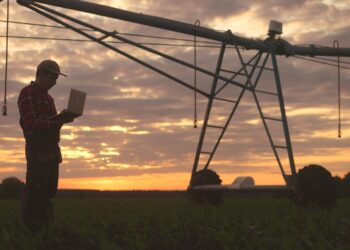Maine’s lobstermen will soon have to rethink how they catch the crustacean.
Chris Welch has been experimenting for months. Restrictive fishing quotas designed to protect herring, the preferred bait for lobster, have pushed him and other Maine lobstermen to various expediencies—less herring, different bait, different bait bags. Nothing is working well so far. Some lobstermen are stockpiling herring, expecting prices to rise during the summer.
Last year, Maine’s 4,500 lobstermen hauled in 54,000 tons of the critters, one of the highest landings in the state’s history. So important is lobster to Maine’s economy and self-image that the state offers a licence plate depicting the crustacean.
Demand remains strong, says John Sackton, an analyst and publisher of Seafood News. Furthermore, the dish isn’t just for posh restaurants and New England lobster shacks any more. McDonald’s, a fast-food chain, offers lobster rolls. But this season has been stormy.
The bait shortage is only one problem. In 2017, the European Union lifted the 8% tariff on Canadian lobster while keeping it for the American version. Last year, China imposed 25% tariffs on American goods, including lobster. “We lost 80% of our business in mainline China and saw 50% of EU sales erode,” says Tom Adams of Maine Coast, one of the largest live-lobster shippers.
For more than 200 years, Maine’s lobstermen have used baited traps, also known as pots, to snare lobsters crawling on the ocean floor. Lines connect the traps to buoys on the water surface. Yet scientists say that these lines have trapped and killed North Atlantic right whales, an endangered species. As a result, Maine must cut the number of lines by 50% to adhere to new federal regulations designed to save the mammal.
How this will be achieved has yet to be determined. One possibility is to insist that many traps are attached to a single line—something that is easier for big boats to handle. Ropeless options, meanwhile, are expensive and time consuming. A collapsible buoy that could inflate itself using compressed air might work better.
Patrice McCarron, founder of the Maine Lobstermen’s Association, an advocacy group, says she has not witnessed such a tumultuous year in her 20 years in the industry. As for Welch, whose grandfather was also a lobsterman and who has been fishing since he was 14, he is not sure that the industry as he knows it will exist for his son. That is often the fisherman’s lament.












